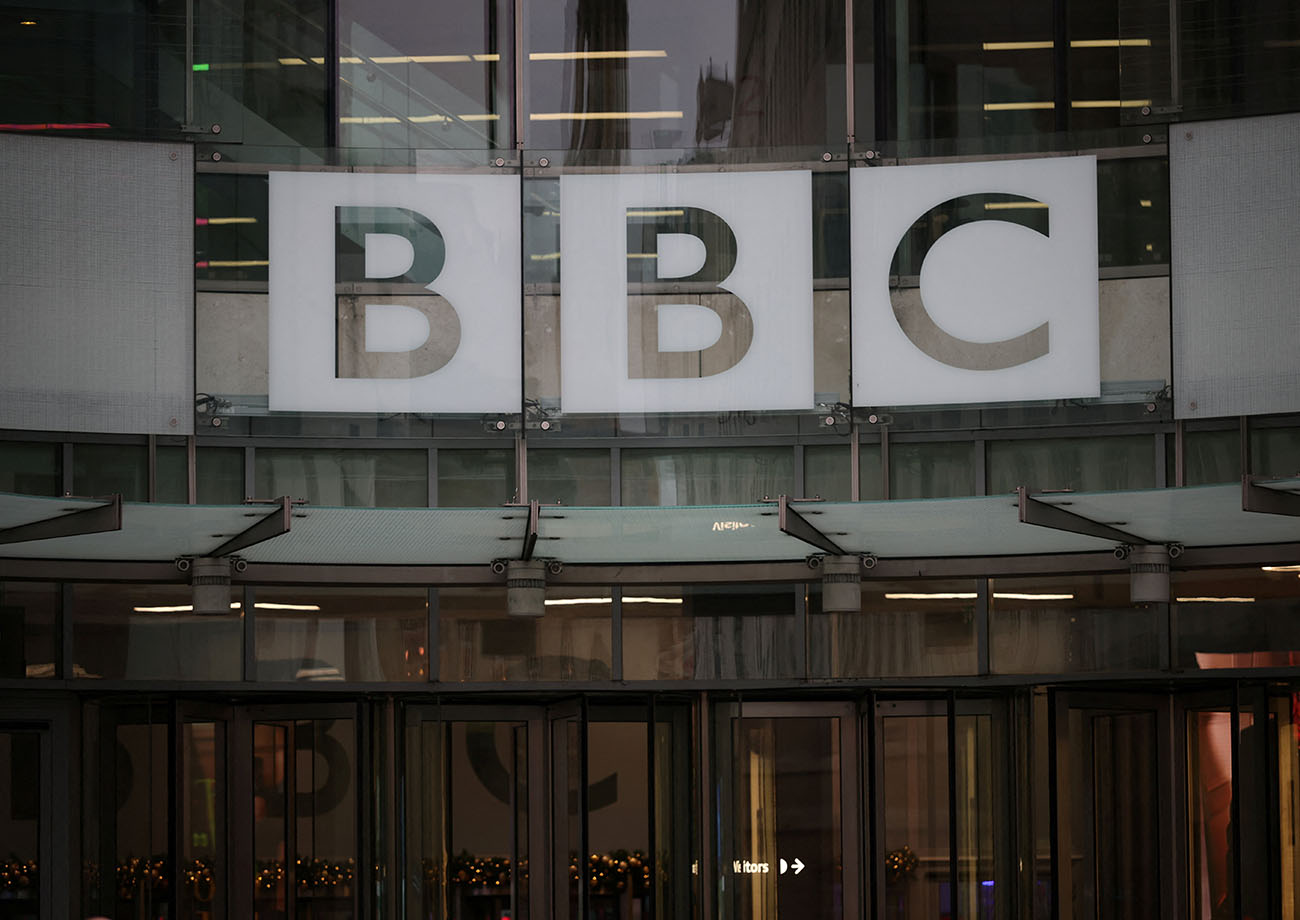Music Producer Lukasz Gottwald, aka Dr. Luke, is not a public figure, the Appellate Division for the New York Supreme Court ruled on April 21st. The ruling is part of an ongoing defamation lawsuit filed by Dr. Luke against pop star Kesha over claims she made that he raped both her and singer Katy Perry.
Although the ruling does not end the lawsuit, it is an important victory for Dr. Luke. Had he been considered a public figure, it would have been much more difficult for him to win his case.
In defamation law, public figures are considered to have a lower expectation of privacy because they have willingly thrust themselves into the public eye. To win a defamation case, public figures have to overcome a high burden of proof: they have to convince the court that the defendant made the statement with “actual malice,” meaning that they knew it was false or made it with reckless disregard for the truth.
See the previous story: In An Ongoing Trial, New York Court Says Kesha’s Texts to Lady Gaga Defamed “Dr. Luke”
In February 2020, a New York supreme court judge ruled partially in favor of Luke. The judge found— among other things—that there was no evidence that Luke had sexually assaulted Perry. Perry testified that he had not raped her, and the court determined that Luke was a private figure. Kesha’s lawyers appealed the decision, arguing that Luke should be considered a public figure.
The state supreme court’s ruling attracted the attention of prominent First Amendment scholars and advocacy groups including University of California, Los Angeles law professor Eugene Volokh, and the Reporters Committee for Freedom of the Press (RCFP), who warned that the judge’s decision could deter future sexual assault survivors from coming forward. On April 9th, 2021, Volokh, RCFP, and 16 media organizations filed an amicus brief on behalf of Kesha.
“Given the growing tide of sexual misconduct allegations in the entertainment industry, it has become increasingly important to ‘prevent a chilling effect upon the media’s investigation of public events’ in this field… If courts apply the public figure status too narrowly in libel suits related to sexual misconduct claims, the plaintiff’s lower standard of proof would unconstitutionally inhibit debate and comment concerning public controversies,” the amicus brief stated.
Despite these concerns, the appellate court ruled that Dr. Luke did not fit the criteria for a public figure.
“Although he is an acclaimed music producer and well known in the entertainment industry, he is not a household name,” the opinion said. The judges also wrote that Dr. Luke had “never injected himself into the public debate” on sexual assault, and “has limited his involvement to what was necessary to defend himself.”
Tags



